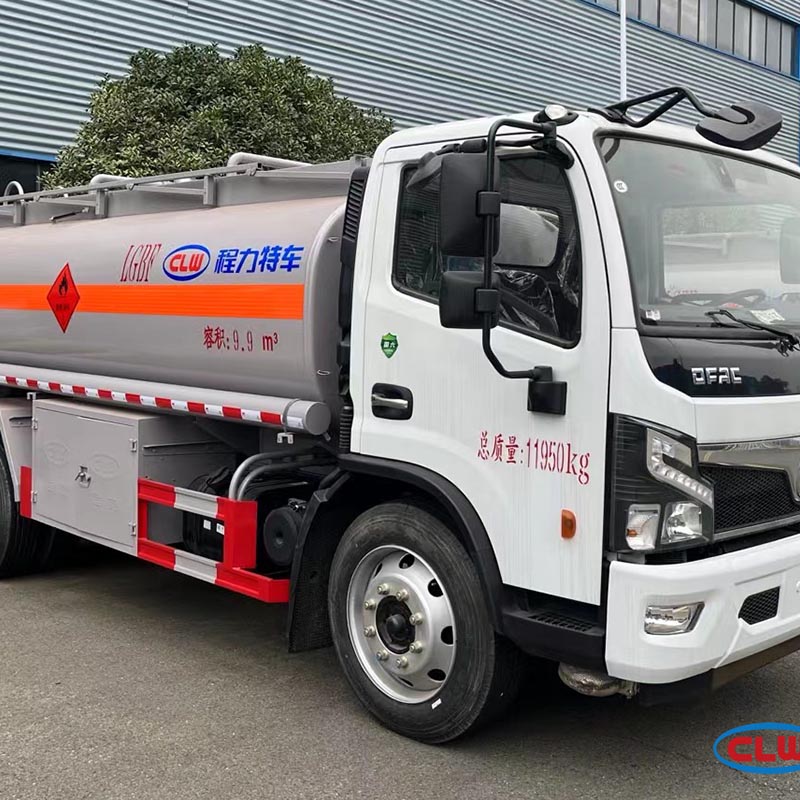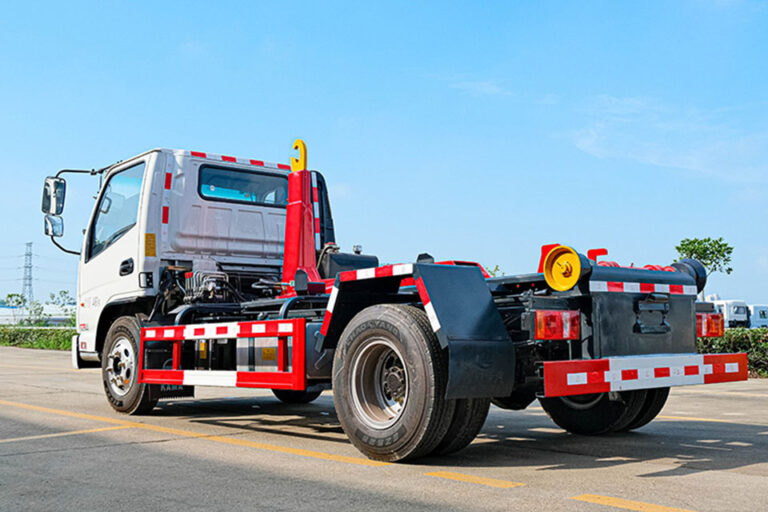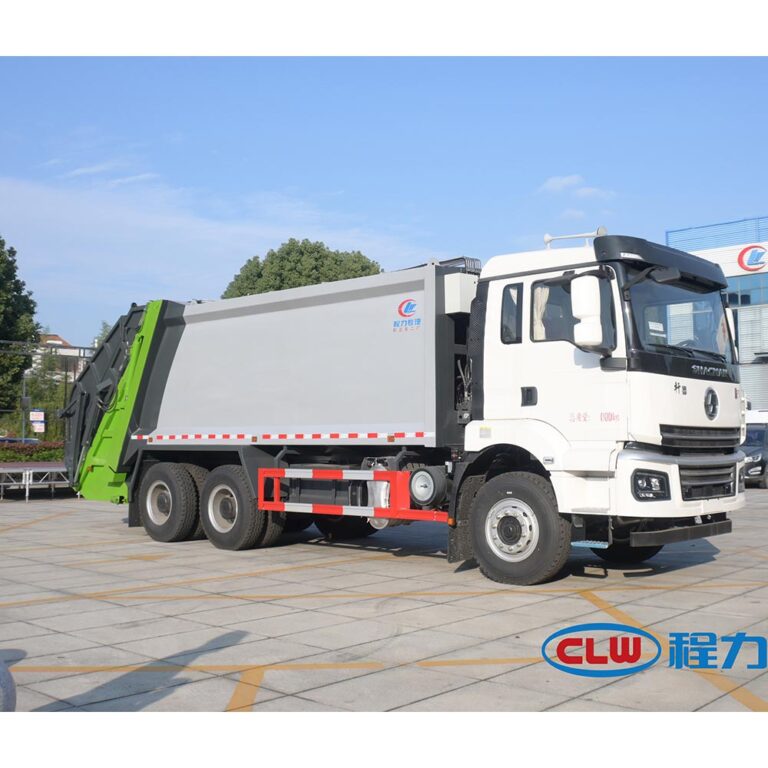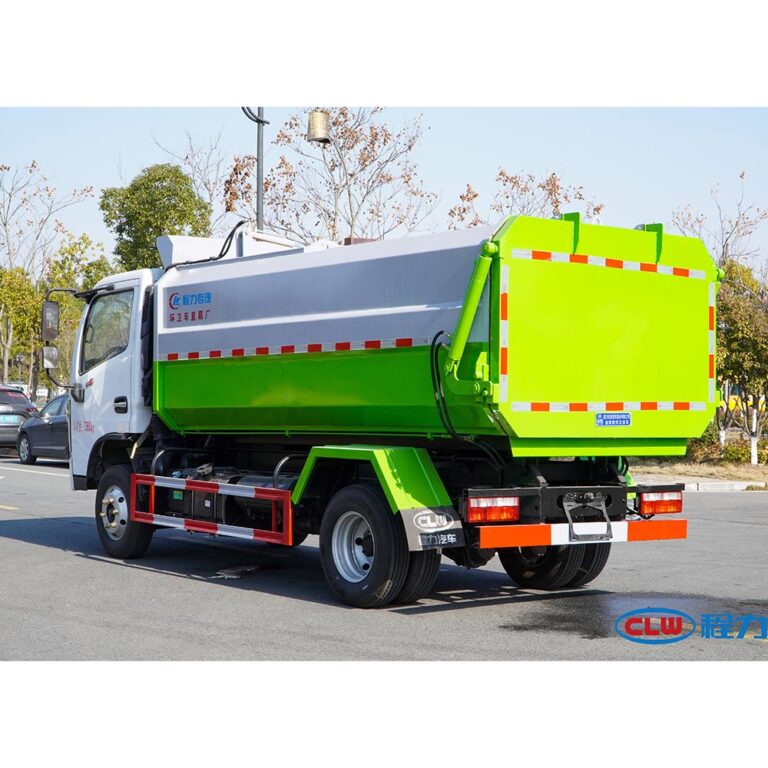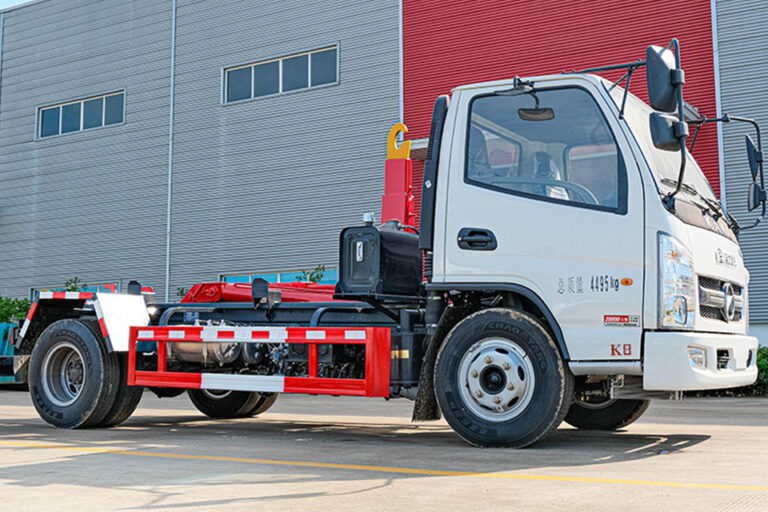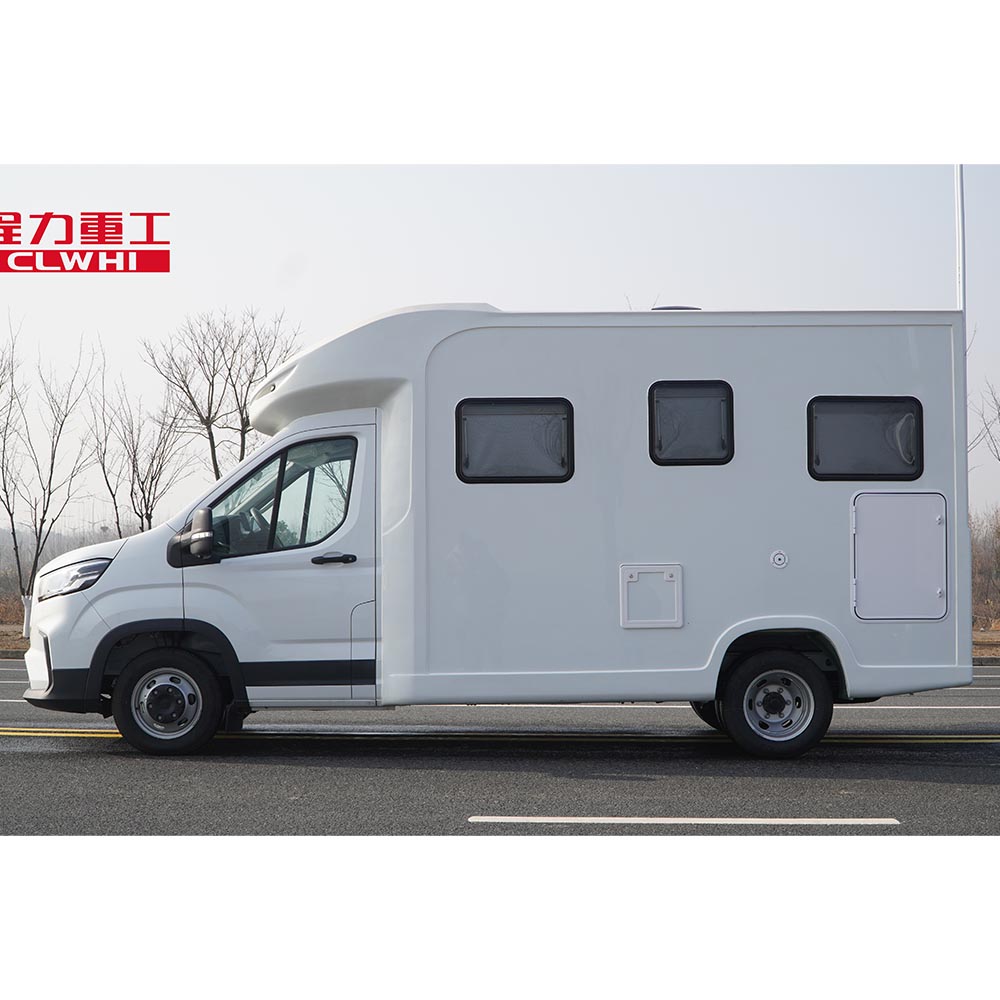
pourquoi la pennsylvanie est-elle un bon état pour l'achat d'un camping-car ?
Prêt pour votre aventure en VR en Pennsylvanie ? Conseils d'experts sur l'achat d'un VR hors de l'État
Cet article constitue un guide complet pour toute personne souhaitant acheter un véhicule récréatif en dehors de l'État, en se concentrant plus particulièrement sur l'achat en Pennsylvanie et sur le transport du véhicule dans votre État d'origine. Nous aborderons tous les sujets, des exigences légales aux conseils pratiques, afin que votre expérience d'achat d'un véhicule récréatif soit agréable et sans heurts. Que vous planifiez un voyage épique en VR, que vous envisagiez de vivre à plein temps en VR ou que vous soyez simplement à la recherche des meilleures affaires, ce guide vous aidera à naviguer dans les complexités de l'achat d'un VR en dehors de l'État. Commençons à faire de vos rêves de VR une réalité !
Table des matières
RVing : Le guide ultime pour acheter hors de l'État
Vous êtes donc prêt à rejoindre les rangs des aventuriers, à explorer la route et à créer des souvenirs dans votre propre véhicule. VR? C'est fantastique ! En tant que représentant d'une grande usine de fabrication de camping-cars, j'ai aidé d'innombrables personnes et familles à trouver le véhicule idéal. camping-car. Aujourd'hui, je suis là pour vous guider dans le processus d'achat d'une VR en dehors de l'État, avec un accent particulier sur Pennsylvanie RV achats. Entrons dans les détails et répondons aux questions brûlantes que vous pourriez vous poser.
VR La vie offre une liberté et une flexibilité inégalées, que vous planifiez une escapade d'un week-end ou que vous vous lanciez dans un projet à temps plein. VR aventure. Mon expérience dans ce secteur m'a montré que la clé de la réussite d'une VR commence par le processus d'achat.
Pourquoi envisager l'achat d'un véhicule récréatif en dehors de l'État ?
Cela vaut-il la peine d'acheter un véhicule récréatif en dehors de l'État ?
Absolument ! L'achat d'un VR dans un autre État, comme la Pennsylvanie, peut offrir des avantages significatifs. Tout d'abord, les États où la population de camping-caristes est plus importante, comme la Pennsylvanie, disposent souvent d'un plus grand choix d'hôtels et de restaurants. Véhicules de loisirsy compris des modèles neufs et d'occasion. Vous avez donc plus de chances de trouver le modèle qui vous convient le mieux. VR que vous souhaitez à un prix compétitif. En outre, certains États ont des taux d'intérêt plus bas que d'autres. taxe sur les ventes qui peuvent se traduire par des économies substantielles, en particulier sur un bien de grande valeur tel que l'achat d'une voiture ou d'un véhicule. VR.
En outre, la visite de concessionnaires dans différents États peut vous faire découvrir des modèles ou des caractéristiques uniques qui ne sont peut-être pas disponibles chez votre concessionnaire local. Par exemple, un concessionnaire Camion balai électrique de marque Chengli pourrait être plus fréquente dans les régions qui mettent l'accent sur les solutions écologiques. Il convient également de mentionner Camion de transport d'huile alimentaireLe nouveau modèle de la gamme de produits de l'entreprise, d'une capacité impressionnante de 19,8 m³, est très prisé par les entreprises de l'industrie agroalimentaire. Cette variété peut changer la donne, surtout si vous avez des besoins ou des préférences spécifiques pour votre entreprise. VR. Par exemple, si vous envisagez de remorquer un plus petit véhicule ou remorqueVous pouvez également consulter les sites suivants Dépanneuse - Une assistance routière puissante et polyvalente.
Quelles sont les obligations légales dont je dois tenir compte lors de l'achat d'une remorque en dehors de l'État ?
Comment gérer les aspects juridiques de l'achat d'une caravane dans un autre État ?
Il est essentiel de s'y retrouver dans le paysage juridique lorsque achat d'une remorque hors de l'État. Chaque État a ses propres règles en matière de taxe sur les ventes, enregistrementet contrôle. Par exemple, la Pennsylvanie a des exigences spécifiques en matière de enregistrement un VR acheté en dehors de l'État. Vous devez obtenir une vignette temporaire pour le retour à la maison légalement, et ensuite registre les VR dans votre État d'origine.
Quand vous achetez un VR d'un concessionnaire, celui-ci s'occupe souvent de la plupart des formalités administratives pour vous, y compris la acte de vente et transfert de titre. Toutefois, si vous êtes achat auprès d'un particuliervous devrez vous impliquer davantage. Veillez à obtenir un acte de venteun titre de propriété clair et tout autre document exigé par la législation de votre État. DMV. N'hésitez pas à appeler votre DMV local et se renseigner sur les conditions spécifiques à l'enregistrement d'une personne ne résidant pas dans l'État VR.
Comment immatriculer mon véhicule de loisirs après l'avoir acheté en dehors de l'État ?
Quelles sont les étapes à suivre pour immatriculer mon véhicule récréatif dans mon État d'origine ?
Enregistrement du véhicule récréatif est une étape cruciale qui vous permet de l'utiliser légalement sur la route. Après avoir acheter un véhicule récréatif en dehors de l'État et de le transporter chez vous, vous devrez vous rendre à votre DMV local ou bureau du greffier du comté pour compléter le enregistrement processus. Préparez-vous à fournir une preuve de propriété (titre de propriété et acte de vente), preuve de Assurance des véhicules de loisirset un VIN l'inspection si nécessaire.
Certains États peuvent exiger un certificat de sécurité. contrôle avant d'émettre un enregistrement. Il s'agit de s'assurer que votre VR répond aux normes de sécurité de l'État. Il est conseillé de inspecter votre VR soigneusement avant de vous acheter afin d'éviter toute surprise lors de la enregistrement processus. Vous pouvez également consulter un Forum sur les véhicules récréatifs ou des ressources en ligne telles que "Archives - RVLIFE"pour obtenir des conseils sur ce qu'il faut rechercher lors d'une visite à l'hôpital. contrôle.
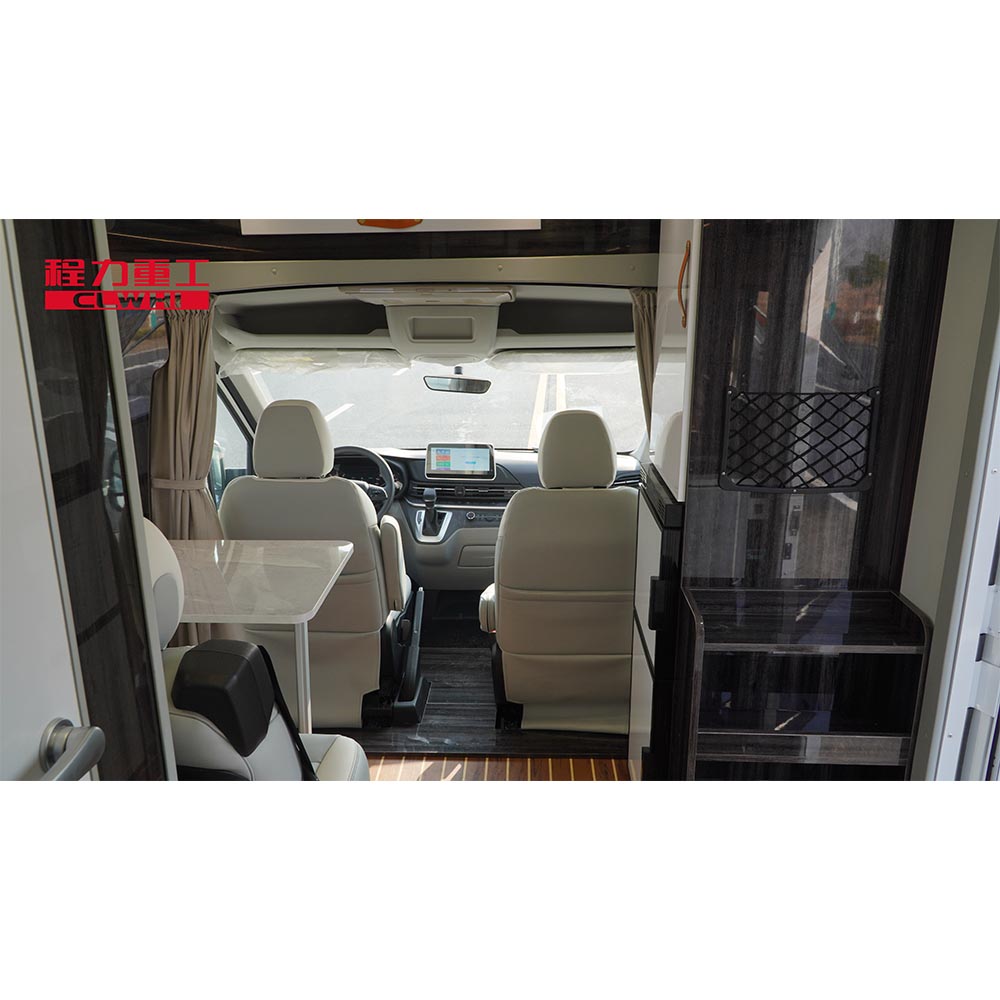
Comment puis-je économiser de l'argent lors de l'achat d'un véhicule récréatif en dehors de l'État ?
Existe-t-il des stratégies pour réduire les coûts lors de l'achat d'un véhicule récréatif dans un autre État ?
Absolument ! L'une des principales raisons pour lesquelles les gens envisagent d'acheter un VR hors de l'État est de réduire les coûts. Comme nous l'avons déjà mentionné, les différences de taxe d'État peut permettre de réaliser d'importantes économies. Par exemple, si vous acheter en Floride et votre État de résidence a un taux plus élevé de taxe sur les ventesvous pourriez finissent par payer moins dans l'ensemble. Cependant, il est essentiel de faire des recherches taxe réciproque accords entre États pour éviter de payer deux fois l'impôt.
Un autre moyen d'économiser de l'argent est de tenir compte du moment de l'achat. Les concessionnaires organisent souvent des ventes ou offrent des remises à certaines périodes de l'année, comme la fin de la saison ou les vacances. En outre, l'achat d'un véhicule d'occasion VR peut être un excellent moyen de réduire les coûts. Veillez simplement à le faire inspecter par un mécanicien qualifié avant de l'acheter.
Qu'en est-il de l'assurance des véhicules récréatifs ?
Dois-je souscrire une assurance pour mon véhicule de loisirs avant de le ramener à la maison ?
Oui, sécurisation Assurance des véhicules de loisirs est une étape cruciale avant de prendre la route. La plupart des États exigent que vous ayez preuve d'assurance avant de pouvoir registre votre VR. En outre, l'assurance vous protège financièrement en cas d'accident ou d'autres événements imprévus.
Lors de l'achat de Assurance des véhicules de loisirsSi vous avez l'intention de vivre dans votre maison, considérez le type de couverture dont vous avez besoin. Si vous prévoyez de vivre dans votre VR à temps plein, vous aurez probablement besoin d'une police plus complète que quelqu'un qui n'utilise que son téléphone portable. VR pour des voyages occasionnels. Il est également conseillé de comparer les devis de plusieurs assureurs pour être sûr d'obtenir le meilleur tarif et la meilleure couverture.
Quels sont les conseils pratiques pour l'achat d'un véhicule récréatif hors de l'État ?
Pouvez-vous donner quelques conseils pratiques à une personne qui envisage d'acheter un véhicule récréatif dans un autre État ?
Bien sûr ! Voici quelques conseils pratiques basés sur mon expérience :
- Recherche, recherche, recherche: Avant même de commencer à chercher Véhicules de loisirsLes utilisateurs doivent se familiariser avec les différents types, modèles et caractéristiques disponibles. Utiliser les ressources en ligne, VR des forums et des avis pour affiner votre choix.
- Une inspection minutieuse: Que vous achetiez un véhicule neuf ou d'occasion VR, toujours inspecter le faire minutieusement. Recherchez les signes d'usure, les dégâts des eaux et les problèmes mécaniques. Si possible, demandez à un mécanicien professionnel d'inspecter le VR également.
- Négocier: N'hésitez pas à négocier le prix, surtout si vous achetez chez un concessionnaire. Les concessionnaires ont souvent une certaine marge de manœuvre dans leurs prix, et vous pourriez obtenir une meilleure affaire en négociant.
- Préparez votre voyage: Si vous achetez un VR Si vous avez l'intention de partir à l'étranger, planifiez soigneusement votre voyage. Réfléchissez au meilleur itinéraire, à l'endroit où vous passerez la nuit et à la façon dont vous gérerez les repas et les autres dépenses. Un bon RV Safe GPS peut s'avérer inestimable pour naviguer sur des routes inconnues.
- Tout mettre par écrit: Assurez-vous que tous les accords, y compris le prix, la garantie et toute promesse faite par le vendeur, sont consignés par écrit. Vous serez ainsi protégé en cas de problème ultérieur.
Quelles sont les erreurs les plus courantes à éviter lors de l'achat d'un véhicule récréatif en dehors de l'État ?
Y a-t-il des pièges à éviter lors de l'achat d'un véhicule récréatif dans un autre État ?
Oui, il y a quelques erreurs communes que j'ai vues commettre :
- Ne pas faire assez de recherches: Achat d'un VR est une décision importante, et il est essentiel de bien se renseigner. Ne pas rechercher les différents modèles, ne pas comparer les prix ou ne pas comprendre les exigences légales peut conduire à des erreurs coûteuses.
- Sauter l'inspection: Ne jamais omettre un examen approfondi contrôlemême si le VR a l'air neuf ou bénéficie d'une garantie. Les problèmes cachés peuvent être coûteux à réparer et peuvent ruiner votre VR l'expérience.
- Ignorer la paperasserie: Ne pas avoir obtenu les documents nécessaires, tels que l'autorisation d'exercer une activité professionnelle. acte de vente et le titre, peut créer des maux de tête importants lorsque vous essayez de registre votre VR. Assurez-vous que tous les documents sont en ordre avant de finaliser l'achat.
- Oublier l'assurance: Conduire un véhicule non assuré VR est non seulement illégal mais aussi financièrement risqué. Sécuriser Assurance des véhicules de loisirs avant de vous le retour à la maison.
- Accélérer le processus: Achat d'un VR est excitante, mais il est important de ne pas précipiter le processus. Prenez votre temps, posez des questions et assurez-vous que vous êtes à l'aise avec votre décision avant de signer la ligne pointillée.
Qu'en est-il du service après-vente ?
Aurai-je accès à l'assistance et au service après-vente si j'achète auprès d'un revendeur éloigné de mon domicile ?
Il s'agit d'un élément important. Si l'achat d'un revendeur local Pour faciliter l'entretien, de nombreux fabricants disposent d'un réseau de centres de service agréés dans tout le pays. Avant d'acheter, renseignez-vous sur la disponibilité des centres de service près de votre domicile ou le long des itinéraires que vous prévoyez d'emprunter. En outre, tenez compte de la réputation du concessionnaire et du fabricant en matière d'assistance à la clientèle. En lisant les commentaires et en cherchant à obtenir des informations sur les sites Web des VR peuvent fournir des informations précieuses.
De plus, à l'ère du numérique, de nombreux concessionnaires proposent des options d'assistance virtuelle, telles que des guides de dépannage en ligne et des consultations vidéo. Ces ressources peuvent s'avérer extrêmement utiles pour résoudre des problèmes mineurs ou obtenir des réponses rapides à vos questions sans avoir à parcourir de longues distances.
Existe-t-il une communauté pour les propriétaires de véhicules récréatifs ?
Où puis-je entrer en contact avec d'autres campeurs et obtenir des conseils ?
Absolument ! Les VR est connue pour sa convivialité et sa serviabilité. Il existe de nombreux forums en ligne, groupes de médias sociaux et sites web consacrés à l'éducation et à la formation. VR vie. Des sites web tels que RVLIFE offrent une mine d'informations, y compris des articles, des critiques et des forums où vous pouvez entrer en contact avec d'autres utilisateurs. VR propriétaires.
Rejoindre un VR Un club ou une association peut également fournir des ressources précieuses et des possibilités de contact avec d'autres membres de l Véhicules de loisirs. Ces organisations organisent souvent des rassemblements, des manifestations et des réunions au cours desquels vous pouvez rencontrer d'autres personnes. VR Les passionnés d'informatique peuvent échanger des conseils et des anecdotes, et apprendre auprès de personnes expérimentées. Véhicules de loisirs.
Foire aux questions (FAQ)
Que faut-il vérifier lors d'une inspection de véhicule récréatif ?
Lors de l'inspection d'un VREn ce qui concerne l'extérieur de la maison, observez attentivement les signes de dommages, tels que des fissures, des bosses ou de la rouille. Vérifiez que le toit ne présente pas de fuites ou de dégâts des eaux. À l'intérieur, recherchez les signes d'usure, vérifiez tous les appareils et systèmes et inspectez la plomberie et l'électricité.
Puis-je financer un véhicule récréatif acheté hors de l'État ?
Oui, la plupart des prêteurs financeront un VR achetés en dehors de l'État. Toutefois, il est conseillé d'obtenir un financement pré-approuvé avant de commencer à acheter. Vous aurez ainsi une meilleure idée de votre budget et le processus d'achat s'en trouvera facilité.
Dois-je payer la taxe sur les ventes à la fois dans l'État où j'achète le véhicule de loisirs et dans mon État d'origine ?
Cela dépend des États concernés. Certains États ont conclu des accords de réciprocité qui vous permettent de ne payer la taxe sur les ventes que dans un seul État. Vérifiez auprès de votre DMV local ou un fiscaliste pour comprendre les règles applicables à votre situation particulière.
Combien de temps faut-il pour immatriculer un véhicule de loisirs acheté hors de l'État ?
Le temps nécessaire pour registre un VR acheté en dehors de l'État varie en fonction de la législation de votre État. DMV processus. Ce délai peut aller de quelques jours à quelques semaines. Il est préférable de contacter votre DMV local pour une estimation.
Qu'est-ce que le boondocking, et est-ce possible dans n'importe quel véhicule récréatif ?
Le boondocking consiste à camper dans un VR sans raccordement à l'eau, à l'électricité ou aux égouts. Il s'agit souvent de zones isolées ou non développées. Bien que de nombreux Véhicules de loisirs sont capables de faire du boondocking, certains sont mieux équipés que d'autres. Véhicules de loisirs avec de grands réservoirs d'eau, des panneaux solaires et des générateurs sont mieux adaptés aux séjours prolongés en camping-car.
Une caravane ou un camping-car sont-ils plus adaptés à la vie en camping-car ?
Le choix entre un caravane de voyage et un camping-car pour le temps plein VR dépend de vos préférences personnelles et de votre mode de vie. Camping-cars offrent la commodité d'avoir votre espace de vie et votre moyen de transport dans une seule unité, tandis que les remorques de voyage offrent souvent plus d'espace de vie et peuvent être remorqués par un autre véhicule. Tenez compte de votre budget, de votre style de voyage et de l'espace dont vous avez besoin avant de prendre une décision.
Principaux enseignements
- Achat d'un VR en dehors de l'État peut offrir un plus grand choix et des économies potentielles.
- Comprendre les exigences légales, y compris taxe sur les ventes, enregistrementet contrôleest cruciale.
- En profondeur inspecter tous VR avant d'acheter, et n'hésitez pas à négocier le prix.
- Sécurisé Assurance des véhicules de loisirs avant de conduire votre nouveau VR domicile.
- Les VR est une excellente source de conseils, de soutien et de contacts.
- Prenez votre temps, faites vos recherches et profitez du voyage pour trouver votre bonheur. VR.
J'espère que ce guide complet a répondu à vos questions et vous a fourni des informations précieuses sur l'achat d'une voiture de tourisme. VR en dehors de l'État, en particulier en Pennsylvanie. N'oubliez pas qu'en tant que fabricant leader de camping-cars, nous sommes là pour vous aider à chaque étape. N'hésitez pas à nous contacter nous contacter si vous avez d'autres questions ou si vous avez besoin d'aide pour trouver la VR de vos rêves. Nous vous souhaitons de belles aventures sur la route ! Par ailleurs, si vous êtes à la recherche de quelque chose de plus unique, jetez un coup d'œil sur le site de la Camion-citerne de sable de fracturation d'une capacité de 31 000 KG il offre une durabilité exceptionnelle pour les opérations lourdes.
N'oubliez pas qu'il est essentiel de choisir le bon véhicule et que, parfois, des véhicules spécialisés tels que le Camion de ravitaillement en acier au carbone de grande capacité peut faire une différence significative.
